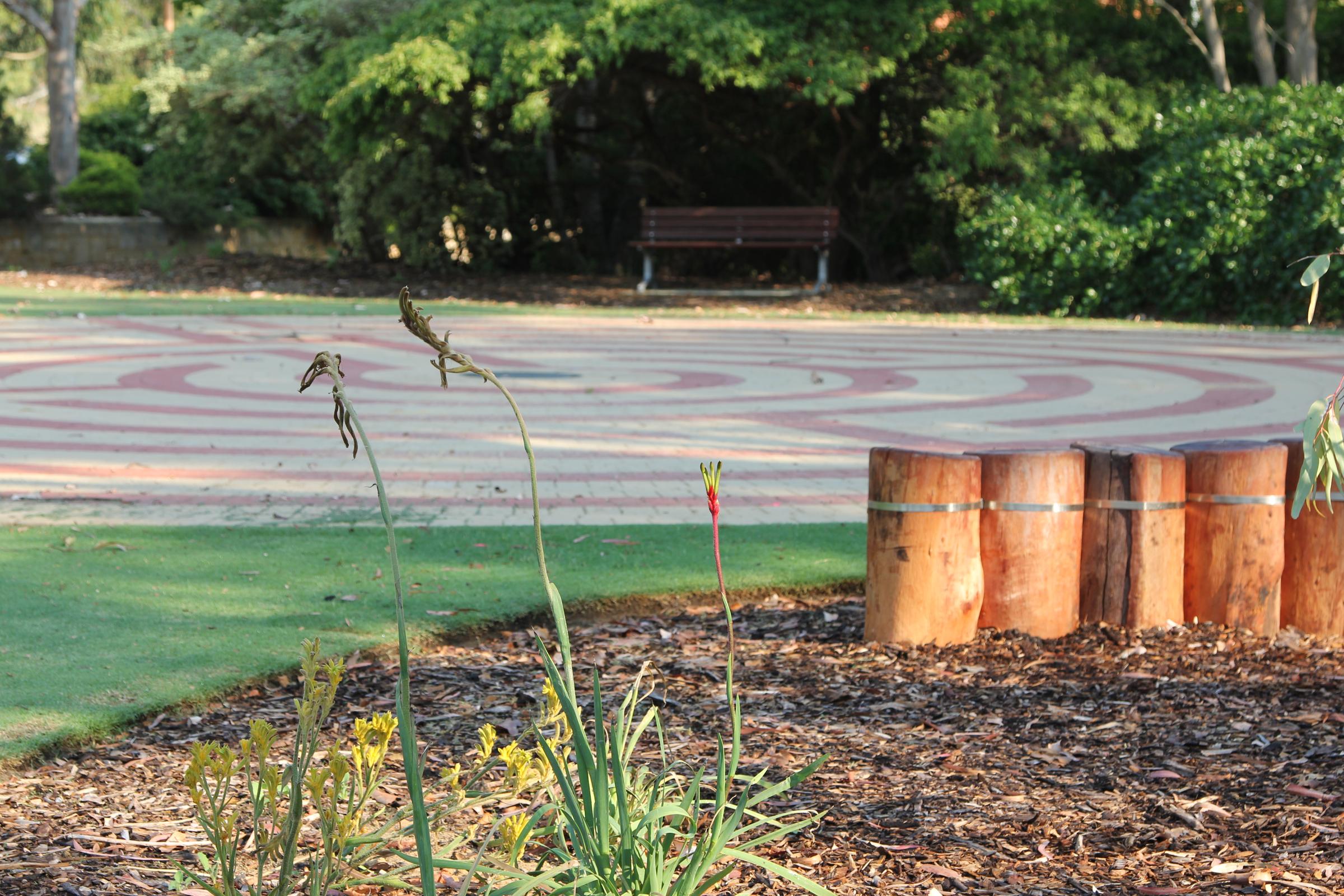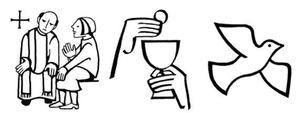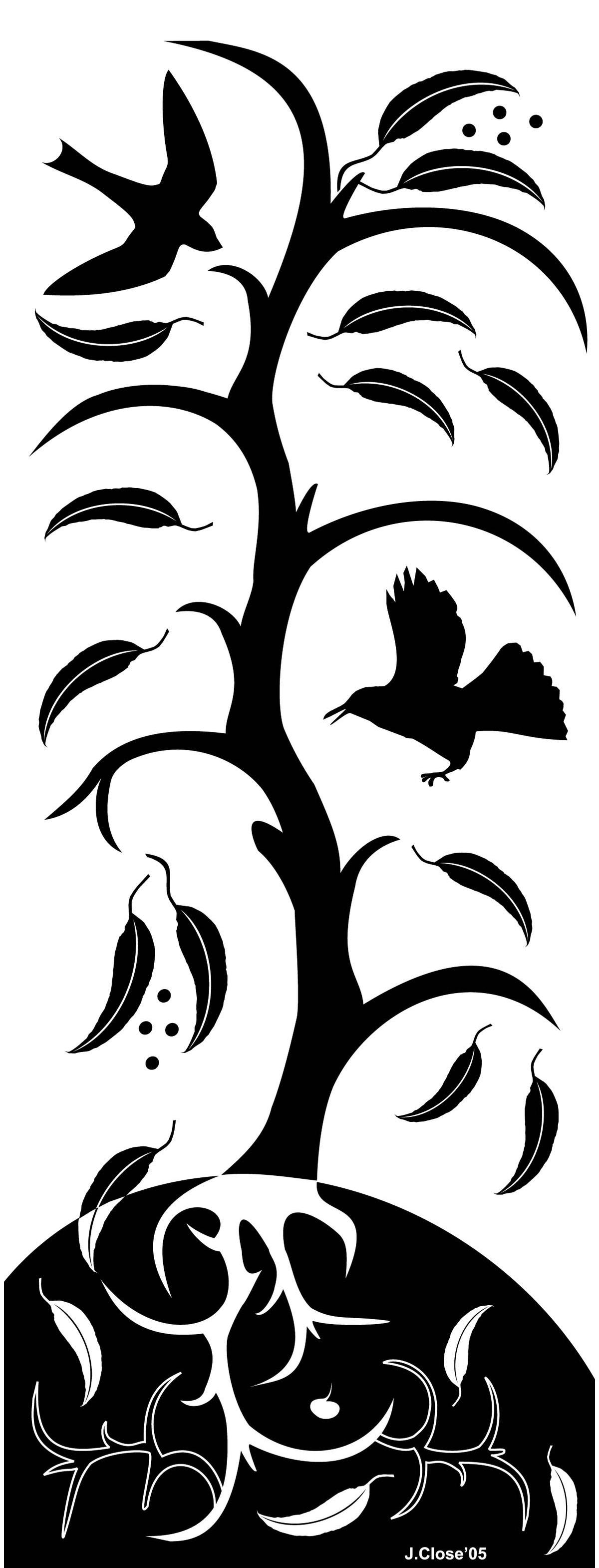Liturgy

Sacrament Program
Do you have a child in Year 3, 4 or 6?
Already this year, several students in Primary have made their first Reconciliation and first Holy Communion, or have been confirmed. There have even been a couple of Baptisms! Look out for the list of students in next week’s newsletter.
If you have not already enrolled your child in a parish program, it may still be possible to enroll in some parishes. It is important to do so immediately.
If you need support in this, there are several people available to assist:
- Contact your Parish Priest or Sacrament Coordinator.
- Contact Mary-Anne Lumley, Parish Liaison lumley.mary-anne@johnxxiii.edu.au or 9383 0513.
- Information for all parishes may be found on the archdiocesan website: here
http://www.perthcatholic.org.au/Parishes_and_Mass_Times.htm?cms%2Erm=List
- Information from parishes on the College website.
Other Parish Information
‘Faith & Belief: Do you have questions?’
Father Joseph Sobb SJ leads “A regular gathering to share with and enlighten each other, to discover the joy of the Gospel, to ask questions and ponder puzzles, to discuss informally matters Biblical, Theological, Life, the Universe…”
Just come along to the Presbytery on the last Sunday of each Month.
Time: 4:00-5:00pm
Date: Sunday 30 July
Where: Holy Rosary Parish, 46 Thomas Street, Nedlands.
GOOD NEWS for 16th Sunday in Ordinary Time
The reflection for Palm Sunday is from Father Andrew Hamilton SJ, and is printed here with kind permission. Father Andy is a Jesuit, a theologian and, among his many other roles, the Media Officer for Jesuit Social Services.
The Gospels are full of stories from ordinary life, some told about Jesus and some by him. The beauty of all stories is that they don’t explain themselves: we as readers have to buy into them and find their meaning for our own lives. We always have the unnoticed chair at the table.
The plot of today’s story is very straightforward. It is about a farmer, his enemy and his field. The farmer has sown the field with grain. His enemy has secretly oversown it with weeds. We are invited into the story at the point when some of the farm workers have noticed the weeds and asks the farmer about them. The farmer is very definite in his answers. He did sow wheat; the weeds must be work of an enemy.
The farm workers then ask the central question that Jesus always wants his hearers to ask: what should we do? As usual in the Gospel stories the first answer they come up with is the wrong one. They suggest pulling up the weeds. The farmer, who wants a bumper harvest, disagrees. The weeds are a nuisance, but to eradicate them early will inevitably destroy much of the wheat crop. So best to let weeds and wheat to grow together to harvest time. Then the weeds can be removed and the crop harvested.
Jesus then leaves it to his disciples and to us to work out what the story means in their own situation. The disciples were meeting resistance and division as they were spreading the Good News. They wondered what to do about it. Jesus story asks them what mattered most: to respond to the harm their enemies were causing or to keep preaching the Gospel. Jesus suggests that the harvest matters most. Sorting out divisions, working out who’s to blame and whose heart is in the right place, judging who’s in and who’s out, can wait till later.
Jesus’ story speaks to our own day as sharply as it did to his. In society and in churches there are always personal conflicts and differences about policies and governance. There are also people opposed to what we are doing. They would like to take over.
In such circumstances we can easily focus our attention on the politics of the situation, thinking about how to change personnel and ideas, and how to make people see things in the way in which we do. We gather supporters, find a cause, give ourselves fully to it and turn into a disciplined movement.
That is reasonable, of course, but for Jesus, people matter most. It is better not to judge, not to do politics, but to set out to win people who are our harvest. All the paradoxes of the Gospel – loving the person who hates you, walking the extra mile, returning good for evil come out of that simple focus on what matters.
That is something we always need to keep in mind at Jesuit Social Services. When you are working with people who are constantly badly treated is easy to be caught up in politics and to rage at your enemies. But our job is to focus on vulnerable people and to accompany them on their path into society. ©Andrew Hamilton SJ
Community Liturgy
Thank you to Fr Emmanuel-tv from Holy Spirit Parish, City Beach, who presided this morning. Next week’s Community Mass will be prepared by Loyola House. Pilgrims and their families are also warmly encouraged to attend.
For parents who would like to plan ahead, the schedule for year groups and houses is below. However, our liturgies are open to all, and everyone is welcome, whether or not you are one of the ‘regulars’.
28 July – Loyola House
3 August– Year 7 (NB Community Mass on Thursday due to Kevin King Cup on Friday)
11 August – John XXIII Day: College Mass in the St Louis Sports Centre
18 August – Ward House
25 August – Year 10
1 September – Fathers’ Day Mass (NB 7:30 start)
9 September – TBA
16 September – Sustainability Group
23 September – Year 12
For any enquiries concerning the Community Mass, please contact Mary-Anne Lumley: lumley.mary-anne@johnxxiii.edu.au or 9383 0513.
When: Fridays in Term Time
Time: 8:00-8:30am
Where: College Chapel
NB 3 variations this term:
- Week 3: Thursday 3 August
- Week 4: John XXIII Day – no separate Community Mass
- Week 7: Fathers’ Day Mass, 1 September, 7:30am start


